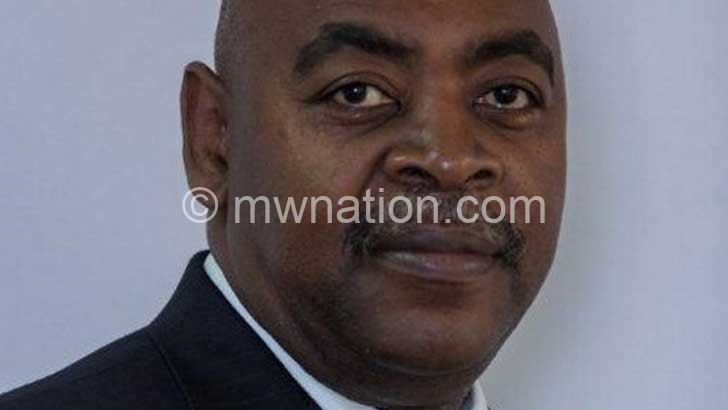‘Rising public debt, interest payments to dampen economy’
Rising public debt and interest payments could threaten the 2020/21 National Budget aspirations, Deloitte managing partner Nkondola Uka said yesterday.
Speaking during an Institute of Chartered Accountants in Malawi Post-Budget Online Masterclass, Uka, who was one of the panellists, said increased borrowing could put more pressure on the exchange, inflation and interest rates, which are key budget assumptions.
He wondered how the key assumptions would be stable in the hostile economic environment.

Said Uka: “Based on stability assumption, the minute you are borrowing more, you are applying pressure on currency and interest rate.
“Government growth projection of 1.9 percent is premised on assumption that things will normalise by September. We are in a situation where bad debt would increase and we will have to see whether development expenditure will be funded.”
In the 2020/21 financial year, Treasury projects a fiscal deficit of K651.5 billion, which is 9.1 percent of the gross domestic product (GDP) to be financed by foreign borrowing of K161.5 billion and domestic borrowing of K490 billion.
On the other hand, public debt interest payments is projected at K376 billion, representing 5.3 percent of GDP and about 18.6 percent of the total budget.About K11.9 billion is for foreign interest payment while K364.2 billion is for domestic interest payment.
Malawi’s public debt has soared over the 13-year period from K131 billion to K3.7 trillion in 2019, doubling its ratio to 65 percent of GDP from 30 percent.
In his proposed 2020/21 National Budget Statement on Friday, Minister of Finance, Economic Planning and Development Joseph Mwanamvekha said the huge allocation in interest payment is as a result of increased mandatory expenditures, including wages and salaries, public debt service, pensions and gratuities, grants to subvented organisations, court claims and compensations.
These mandatory expenditures are estimated at K1.11 trillion, representing 91.4 percent of domestic revenues and 54.9 percent of total government expenditure.
Said Mwanamvekha: “The rising public debt is a major worry for the Malawi Government. Its impact on budget implementation is enormous as interest payment is a statutory expenditure that can never be deferred or cut in the event of resource constraints.”
International Monetary Fund resident representative Ferayi Gwenhamo said prudent fiscal management is needed to maintain economic stability.




